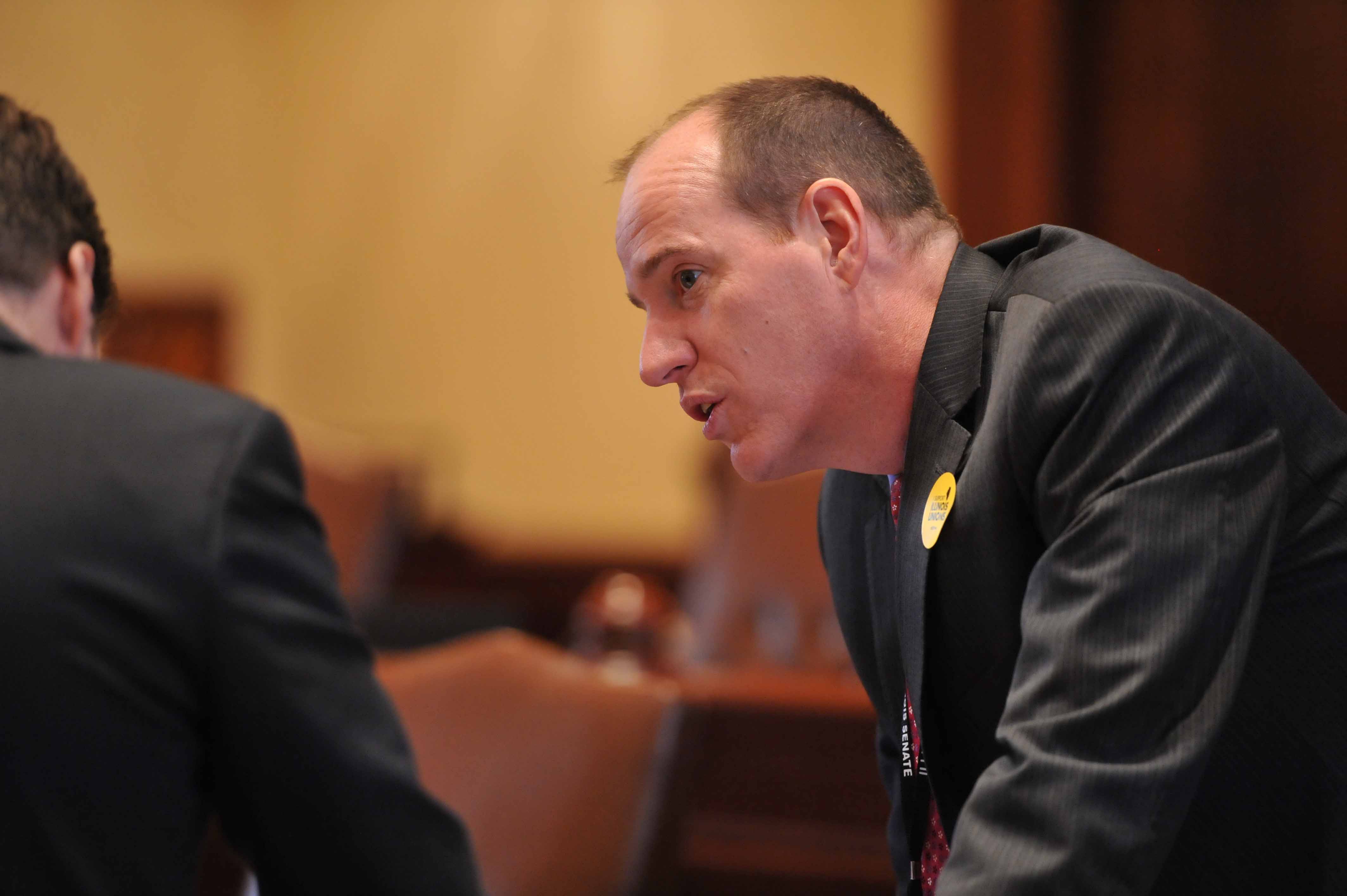Cunningham questions state use of "Crosscheck" voter data system
- Details
- Category: Press Releases

CHICAGO – Amid rising concerns about data security and voters being wrongfully removed from registration rolls, State Senator Bill Cunningham chaired a joint committee hearing Wednesday to examine the Illinois State Board of Elections use of a controversial national voter registration database known as "Crosscheck."
At a joint hearing of the House Elections Committee and the Senate Telecommunications and Information Technology Committee, legislators grilled election officials over the many problems associated with the Interstate Voter Registration Crosscheck, a registration system that compares state voter rolls. Published reports have raised questions about the system's susceptibility to hackers, while others have argued the system has been used as a vehicle to suppress minority voters in jurisdictions outside of Illinois.
"Illinois residents need to be confident that the personal information they submit when they register to vote is secured and protected from internet hackers," Cunningham said. "Because numerous doubts have been raised about the security of Crosscheck, it is time for the Board of Elections to reconsider their use of the system."
The joint committee heard testimony from Shawn Davis, a faculty member at the Illinois Institute of Technology Center for Cyber Security and Forensics Education. Davis testified that the Crosscheck system has several security concerns that make private personal information easily accessible. While most websites handling sensitive information use secure file transmission networks called SFTPs, Crosscheck uses an unsecured network system.
Additionally, many voting rights activists say that Crosscheck is a vehicle for discrimination at the voting booth. This is because Crosscheck compares first and last names of state voter databases, ignoring middle names and designations like Jr. or Sr. This is viewed as problematic by experts because communities of color are more likely to share last names, making them easy targets for voter suppression.
In one example reported by Rolling Stone Magazine, the state of Georgia had 357 individuals registered to vote under the name “James Brown”. Crosscheck did not denote the difference between James W. Brown, James A. Brown or James C. Brown meaning those 357 voters could have been stopped from voting because of the program.
The Illinois Board of Elections currently subscribes to two national voter database systems designed to help election authorities identify voters who may be registered in more than one state: Crosscheck and the Electronic Registration Information Center (ERIC) The state board is scheduled to discuss their use of Crosscheck at their monthly meeting on November 20.
More Articles …
Page 84 of 110







